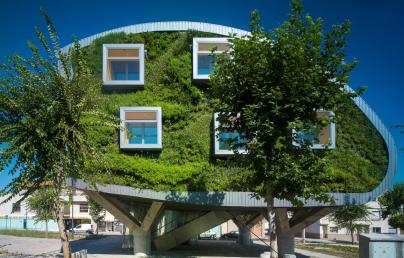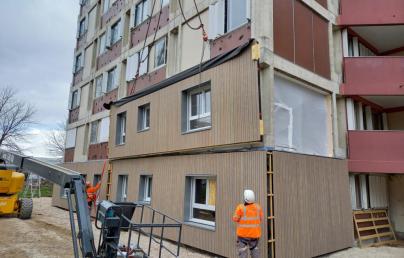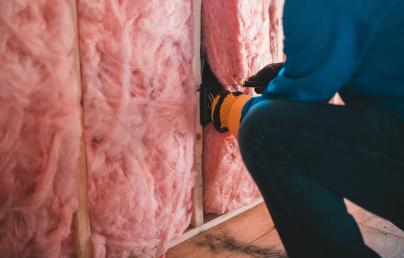
Enhancing sustainability in construction through Extended Producer Responsibility

Enhancing sustainability in construction through Extended Producer Responsibility
A BPIE document advocates for Extended Producer Responsibility (EPR) to enhance recycling and promote sustainable practices in the EU construction sector, aiming to reduce waste and improve resource efficiency.
The discussion paper by BPIE explores the concept of Extended Producer Responsibility (EPR) and its potential application in the construction sector. EPR aims to internalise environmental costs by making manufacturers responsible for managing their products' end-of-life stages. While EPR has been successful in other sectors, its adoption in construction is limited.
The paper analyses two case studies - France and the Netherlands - to demonstrate feasibility and benefits, emphasising how EPR can promote circular business models and sustainable design practices.
Key considerations include scheme scope, recycling approaches, sustainability criteria alignment, and policy integration. The EU's role in aligning environmental goals across sectors is crucial for effective implementation.
Extended-Producer-Responsibility-in-Construction-June-2024.pdf
English (2.07 MB - PDF)
